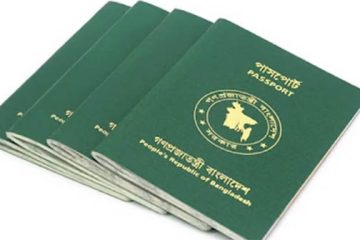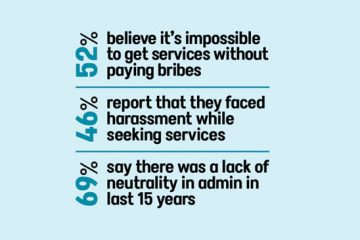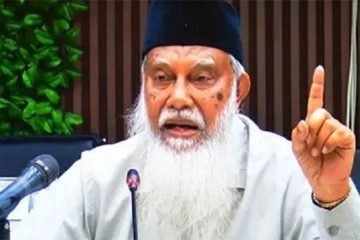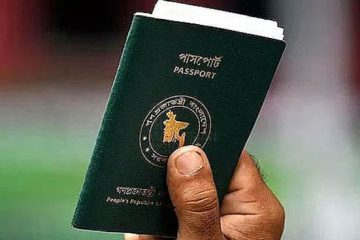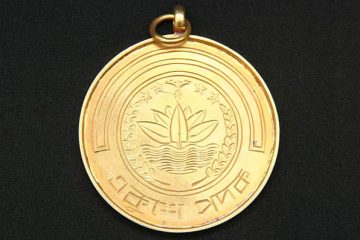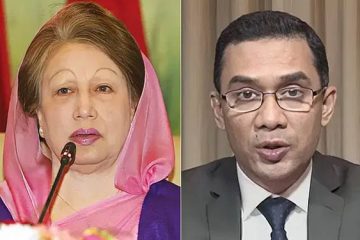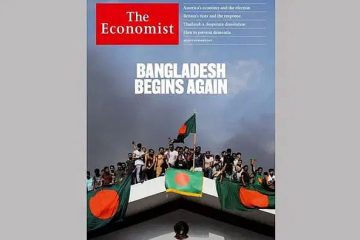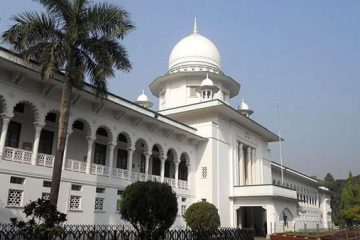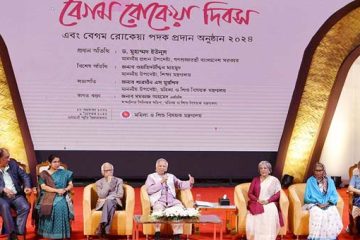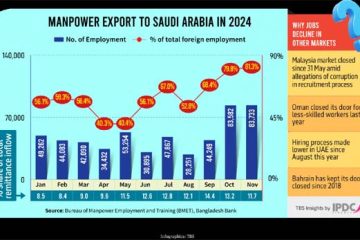Finance minister AMA Muhith has written to the World Bank (WB), saying that the bank made a hasty decision on the Padma Bridge issue, cancelling the promised funds for the project, as the term of its incumbent president was expiring. The finance minister wrote the letter on June 20, in response to the final probe report of the WB external experts’ panel on graft and corruption in the Padma Bridge project. The letter is available on the WB’s site.
On June 12, WB’s country head Johannes Zutt handed over the report to the finance minister. Muhith said in the past Integrity Office carried out investigation in seven cases in Bangladesh, and the projects were never held up. However, some of the investigations resulted in withdrawal of WB funds from certain components of a project.
“After assuming office as the finance minister, I received complaints about four cases from the Integrity Office in May 2011, and I initiated action on all of them. In the case of the Padma, the WB held up effectiveness of the credit and made sure that no corruption would take place. When the loan was cancelled, the loan expiry date was still a month away, (July 30, 2012),” the letter pointed out.
“On our part, we were also discussing with other co-financiers at that time and they were most likely unaware of what was happening in Washington. So, in our view, there was no reason for cancellation of the loan at that stage. It was on this ground that I requested the new President for a review of the decision. Fortunately for Bangladesh, the new President decided to reconsider the decision of his predecessor, and we arrived at an arrangement for managing the project, and the terms of the agreement were spelt out in the letter of understanding (LoU) and Terms of Reference (ToR),” he said, adding, “I feel that the unjustified and unnecessary cancellation of the loan by the WB needs to be properly stated, when your report is published for public information.”
“I write to thank you for your final report on the Padma bridge project that has been forwarded to me by the vice-president of the WB. I have carefully studied the report, and also examined the contents,” he added, saying, “I noticed that the panel concluded in its report their recommendation for inclusion of former minister of communication in the First Information Report (FIR). I won’t like to comment on your views; but I thought that it’d be fair to give the reason as to why the Anti-Corruption Commission (ACC) did not include him in the initial FIR, but indicated further investigation. His allegation that the minister had made a deal with the officials of SNC Lavalin was not supported by any corroborative evidence, when the ACC lodged the FIR.” “You have mentioned about the legislative developments relating to foreign briber in the US, UK, China and Canada. Perhaps, I should point out that, in Bangladesh also, a promise to offer bribe is an offence.
-With The Independent input

